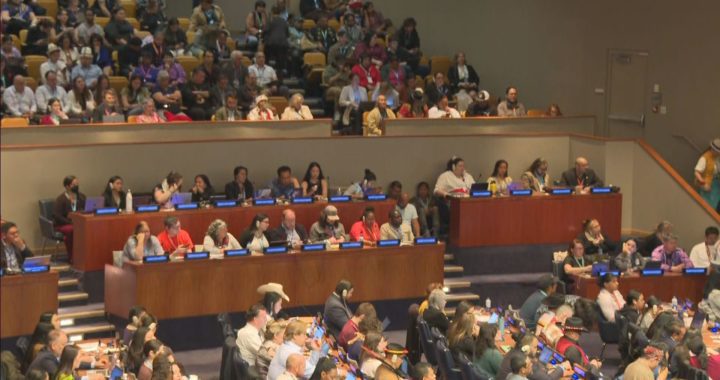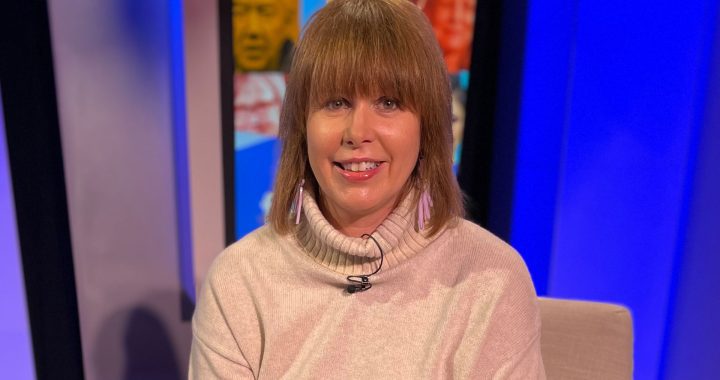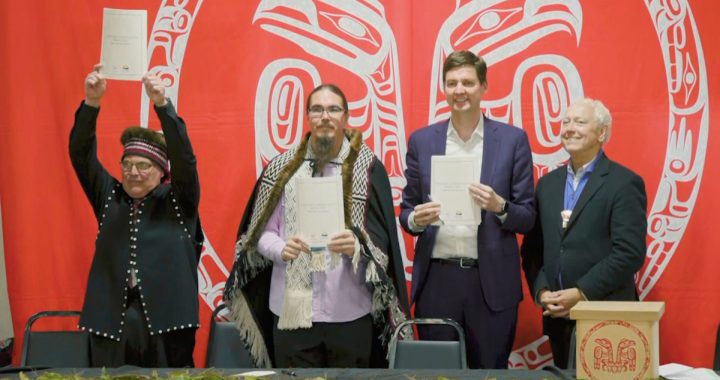There were some jitters but mostly excitement at the 2021 Yukon First Nation Family Support Worker Training Program graduation ceremony on March 12.
The free pilot program was focused on improving outcomes for First Nations families in the Yukon.
Fourteen students learned about their own identity, colonization and culture as ways to address the overrepresentation of children in the welfare system.
It was developed by Camosun College in Victoria, B.C., and the Council of Yukon First Nations (CYFN).
“I’m a little excited, I’m a little relieved and I’m a little nervous all at the same time,” says Brenda Asp, one of the graduates, who has Northern Tutchone, Tahltan and Tlingit ancestry.
Asp works as a family support worker for Champagne and Aishihik First Nations (CAFN).
She says much of the program was centred on traditional values like consulting with elders, art and medicines, which she says can bring balance to “the western ways of life with the systemic aspects, like racism and colonization.”
“It’s a perfect time to try to bring some of those back and help families become reconnected with some of their culture and who they are as an Indigenous person,” she says.
“It helps open up avenues that we work with in family programming and child welfare matters, and preparing families to be resilient, sustainable and supported.”
Heather Saggers, a citizen of First Nation of Na-cho Nyäk Dun (FNNND) in Mayo, is also excited to graduate.
She says she found it interesting that much of the curriculum was focused on students learning about their own identity as well as the colonial history unique to the Yukon.
“We learned about the importance of knowing where you came from and that a lot of our family issues stem from trauma. And of course, the biggest source of trauma for us here in the Yukon is really residential school,” she says.
“We pack a little bit of that residue with every generation so we have some issues with that. We’re learning how to identity those things and where some of these root problems come from.”
Saggers says she’s planning to take what she’s learned back to Mayo as the community is hurting from drug addiction and other issues.
“I think a lot of them lost that history and culture. I think I can take some of the things I’ve learned back to my community and we can start to strengthen some of those feelings. It’s all so much tied together on how to live a good life,” she says.
Saggers is also hopeful more men will be interested in joining the program as the graduating class was entirely made up of women.
“We need both, and I’m hoping they can gain sponsorship for another program,” she says.
Norma Ann Shorty was one of the program’s curriculum developers and the main instructor.
She says the students were eager to learn.
“They were there every session, they were there early, nobody left early, they all did their homework, they did every activity that we had planned with such enthusiasm, such interest,” she says.
The program also had an ‘Elder in Residence,’ Betsy Jackson, who Shorty says would guide students through difficult material by offering prayer, comfort, and personal stories.
“It was her wisdom that basically carried us through,” Shorty says.
“At times if we were having emotional difficulty because of our topics, she would help us find our way out.”









